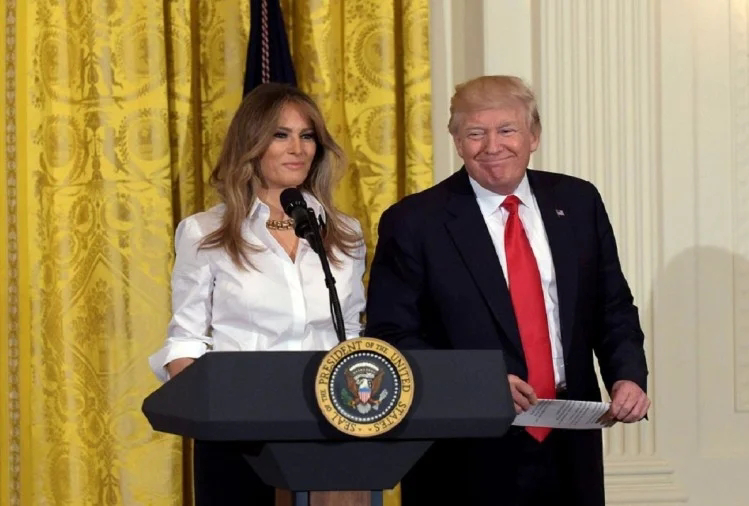US Congress rejects Trump's veto on defense bill
The US Congress rejected President Donald Trump's veto over a defense policy bill, giving him a major setback in the last days of his term. In a special session, the Republican-majority Senate easily rejected his veto and snapped Trump's objection to the $ 740 billion bill at a time when his tenure would end in just a few weeks. is.
Trump earlier this week took to Twitter to reprimand Republican lawmakers, saying the 'tired and weak leadership of the Republican Party' would allow the Bad Defense Bill to pass. He termed this voting as a "cowardly shameful act" in defiance of his veto.
The Senate rejected Trump's veto by a majority vote of 81–13. The bill contains a three per cent increase in the salaries of US troops and regulations related to defense policy, which stamps decisions on the number of troops, new weapon systems, military preparedness and military personnel policies, and other military targets.
Many other programs, including military construction, take effect only after this bill is approved. Mitch McConnell, the majority leader in the Senate (Republican), said before the vote that Congress had passed the 'National Defense Authority Act' (NDAA) every year for the past 59 years and that 'by any means we will complete the 60th annual NDAA and Sunday. The bill will be passed before the conclusion of the session.
Trump last week rejected defense measures, saying it failed to set boundaries for social media companies. These are the same social media companies that Trump believes were biased during his re-election campaign.
In addition to concerns over social media and the names of military bases, Trump also said that this defense bill impedes his methods of conducting foreign policies, 'especially in troops' homecoming efforts'.
Trump was referring to the provision of the Bill that laid down conditions on his plan to withdraw thousands of soldiers from Afghanistan and Germany. Trump had also used the veto on eight other Bills, which prevented the Bill from becoming a law. Without Trump's signature, two-thirds of the votes needed in each chamber for the bill to become law.

